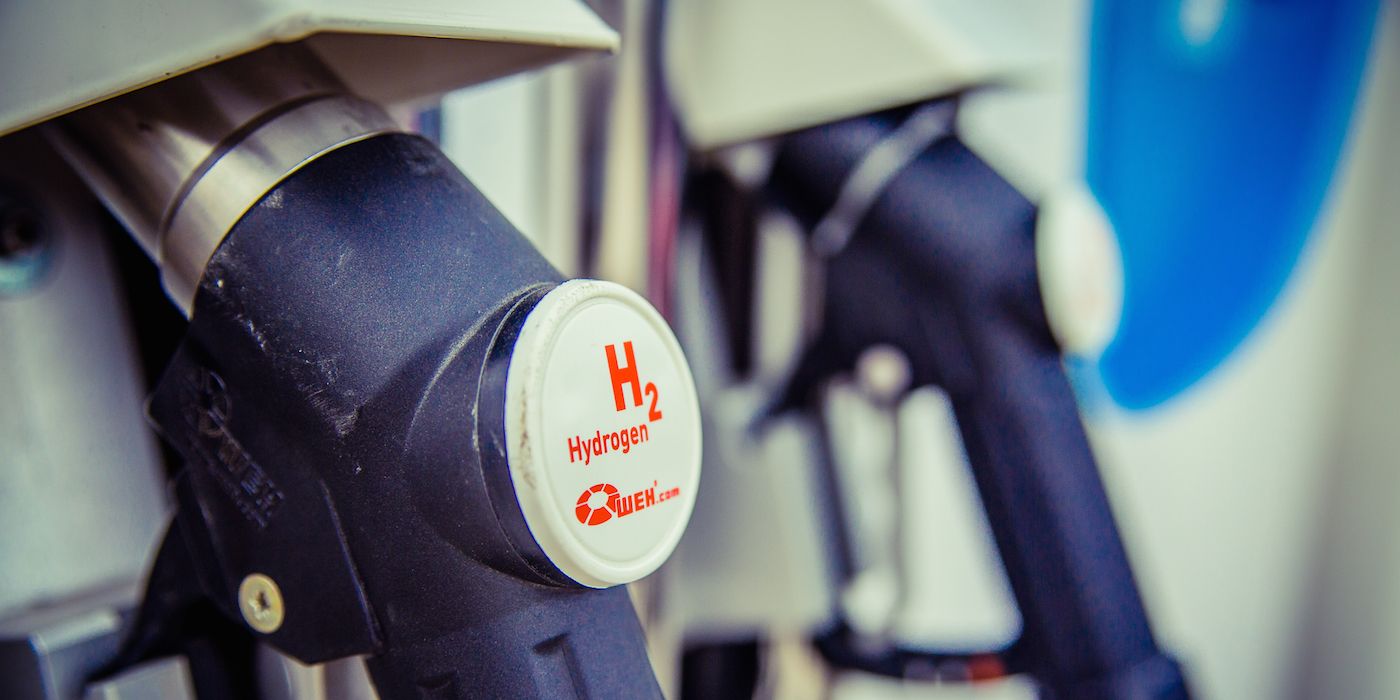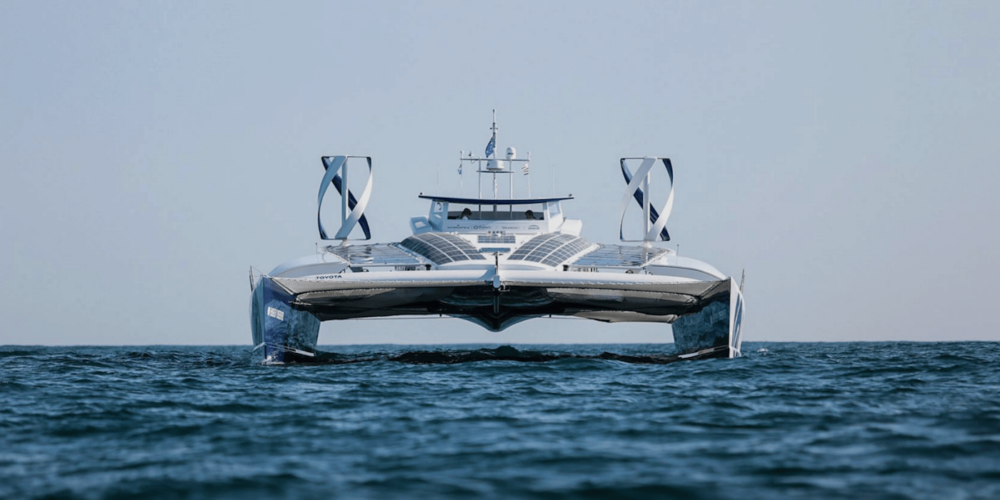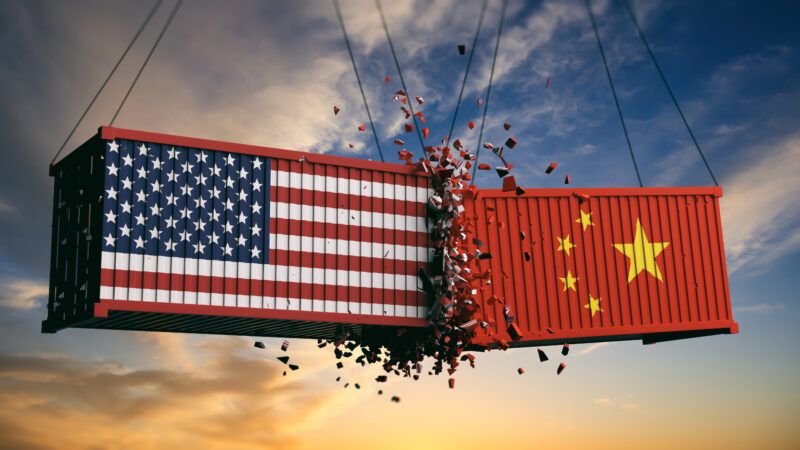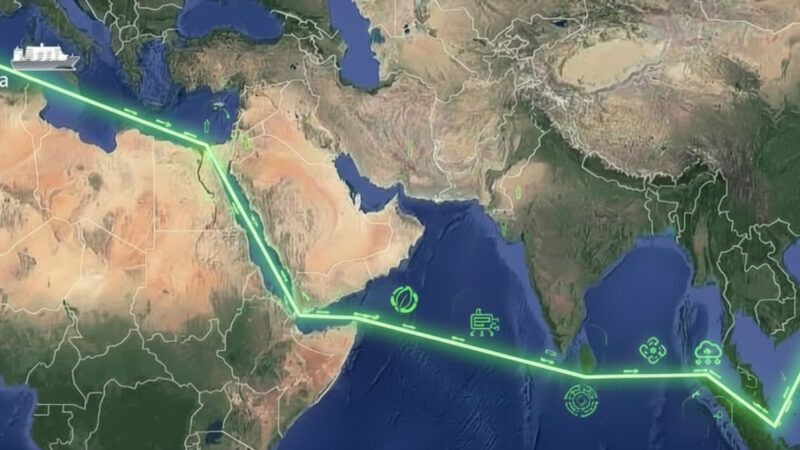The need for non-polluting energies is nothing new. Wind and solar power are gaining ground, but their problem is that they are seasonal, while energy consumption is incessant. Hence the need to find an alternative that is not intermittent, or to learn how to store renewable energy for the times when production halts. The workshop hosted by the Port of Barcelona brought together experts from the sector to talk about solutions based on the eco-innovative or circular economy. Is it possible to decarbonise the world by harnessing hydrogen? They all think it is.
Hydrogen is a zero-emissions fuel and offers the same potential daily use as a conventional fuel. Albert Tarancón, a researcher at ICREA and the head of the Fuel Cells group at IREC, claims that the fuels of the future will be renewable. “Hydrogen technologies focus on generation, storage, transport and use. Because it is not a source of energy per se, it does not exist in nature, hydrogen has to be created. The best option is via renewable energies, so we get an element that is based on a non-polluting energy source.” The hydrogen obtained from this process can be used as electricity for the residential sector, for mobility or even to generate heat and avoid generating CO2 in industries where this heat is one of the main elements in terms of energy consumption.
This is why Europe has leaned so heavily towards its development and implementation. Carlos Navas, Strategy and Market Development Manager at the European Commission FCH-JU, believes that the more ecological options, the better. “We cannot focus on just one or two alternatives. If we are talking about zero emissions, there are two main aspects: electric, battery-operate vehicles, and hydrogen vehicles with a fuel cell.” Both are valid and complementary, and both fit perfectly with the widespread implementation of renewable energies. “The European Union has been making a huge effort to develop and commercialise them for some time now,” Navas adds.

The Port of Barcelona’s plan in favour of the air we breathe
Hydrogen has begun to be successfully tested as a clean energy source in the transport sector. This is a great chance to make ports’ pollution figures and greenhouses gas emissions a thing of the past. Jordi Vila, head of Environment at the Port Authority of Barcelona, talks about the port’s pioneering actions to lower its environmental impact: “Hydrogen is important for ports because it is a way to lower CO2 emissions. We are very important nodes in the logistics chain and should spearhead the transition to clean energies, both in the transport chain and within the ports themselves.”
Hydrogen’s uses are quite varied, from generating electricity to fuelling electric ships in the future, and even as the fuel for the lorries and loading vehicles buzzing around ports. Pere Margalef, the director of Renewable Technologies at FuelCell Energy, adds that “it can also be used as storage. We hope that in the near future renewable energies can be installed in ports and can be stored via hydrogen.”
In the case of cars, we can already see vehicles driven by hydrogen on the streets of different cities. Toyota is one of the few brands that has dared to take the step even though electric vehicles seem to be in the lead. Enrique Centeno, Corporate Affairs General Manager Toyota, says that hydrogen is a safe bet, but “it will need an implementation period since it entails a change and requires specific infrastructures.” The Japanese brand knows that the future of mobility necessarily entails the coexistence of different technologies, since each one meets specific needs. “Current Mirai sales already total more than 7,000 units, with almost 500 in Europe. And after 2020, production will increase to more than 30,000,” Centeno adds.
 The Energy Observer boat is sponsored by Toyota and moves with hydrogen. (Image from motor1.com)
The Energy Observer boat is sponsored by Toyota and moves with hydrogen. (Image from motor1.com)
 The Energy Observer boat is sponsored by Toyota and moves with hydrogen. (Image from motor1.com)
The Energy Observer boat is sponsored by Toyota and moves with hydrogen. (Image from motor1.com)







